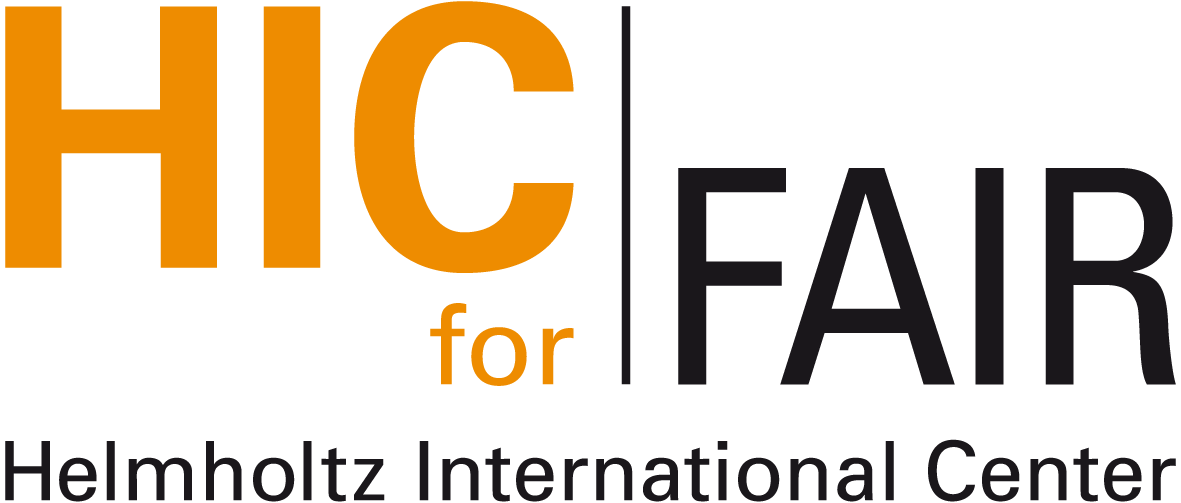 Nuclear Physics Colloquium
Nuclear Physics Colloquium Nuclear Physics Colloquium
Nuclear Physics ColloquiumVenue: Physics
Building, Max-von-Laue-Str. 1, Seminar Room PHYS 2.116
Time: Thursday, December 07, 4:30pm (s.t.)
Contact: hees@fias.uni-frankfurt.de
Elementary magnetic monopoles have never been experimentally observed
but there are credible theoretical reasons to believe that they may
nonetheless exist. For one, their presence would imply the observed
quantisation of electric charge. In this talk, I will show that the
strong magnetic fields and high temperatures present in heavy ion
collisions and around neutron stars are capable of efficiently producing
magnetic monopoles, via a strongly coupled dual Schwinger process. On
the other hand, I outline serious theoretical doubts that collisions of
"small" particles, such as protons, could ever produce magnetic
monopoles, even at arbitrarily high energies. As a consequence, heavy
ion collisions offer the best hope to produce elementary magnetic
monopoles or, in their absence, to constrain their properties.